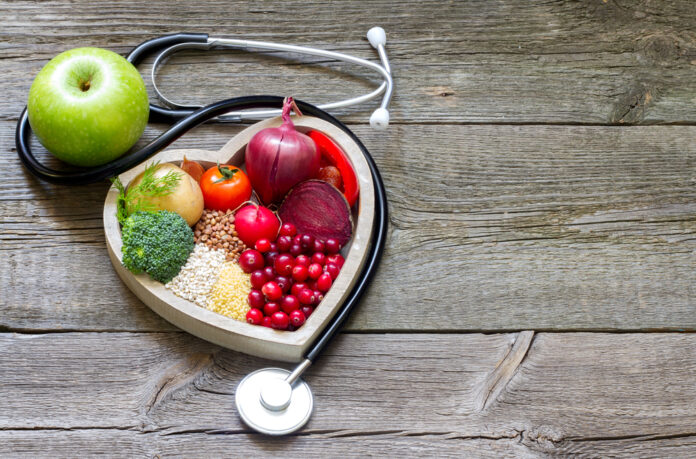
Cholesterol is not necessarily bad. There is “good” cholesterol (high-density lipoprotein, abbreviated as HDL) and “bad” cholesterol (low-density lipoprotein, abbreviated as LDL). Cholesterol is made by your liver and is also found in food. Hormones, vitamin D, and digestive fluids are made by cholesterol. LDL cholesterol causes plaque to build up in your arteries, which can increase your likelihood of developing blood clots. If a blood clot reaches your heart or your brain, it will cause a heart attack or stroke.
Fortunately, there are a number of positive lifestyle habits you can adopt to lower your LDL cholesterol levels.
Eat foods that promote heart health
Saturated fats increase both good and bad cholesterol levels. Saturated fat is most commonly found in red meat and full-fat dairy products. Cutting back on foods high in saturated fats will lower your LDL cholesterol.
Although consuming omega-3 fatty acids will not lower your LDL level, it will lower your blood pressure. Walnuts, flaxseeds, and several types of fish are good sources of omega-3.
Increasing your intake of soluble fiber will limit the amount of cholesterol that is absorbed into your bloodstream. If you want to add more soluble fiber to your diet, look for oatmeal, apples, pears, brussels sprouts, and kidney beans.
Whey protein supplements have been shown in research to lower cholesterol and blood pressure levels.
Exercise regularly
Regular exercise can increase good cholesterol. Exercise guidelines to aim for are 30 minutes of moderate activity five days per week or three 20-minute aerobic exercise sessions per week. However, you should check with your doctor to make sure you can exercise according to the above guidelines.
Stop smoking
Smoking cessation boosts your HDL cholesterol levels.
It takes 20 minutes after you have had a cigarette for your blood pressure and heartbeat to go back down to normal levels after having been elevated by the ingredients in the cigarette.
Your blood circulation and lung function will become healthier three months after you stop smoking.
For people who have stopped smoking in the past year, their risk of developing heart disease has decreased by 50%.
Reach or maintain a healthy weight
Your weight greatly influences your cholesterol levels. Exercise will help you lose weight, but your diet is also important. Eat smaller portions and swap unhealthy foods for healthier ones. For example, make spaghetti with zucchini noodles rather than regular noodles.


















